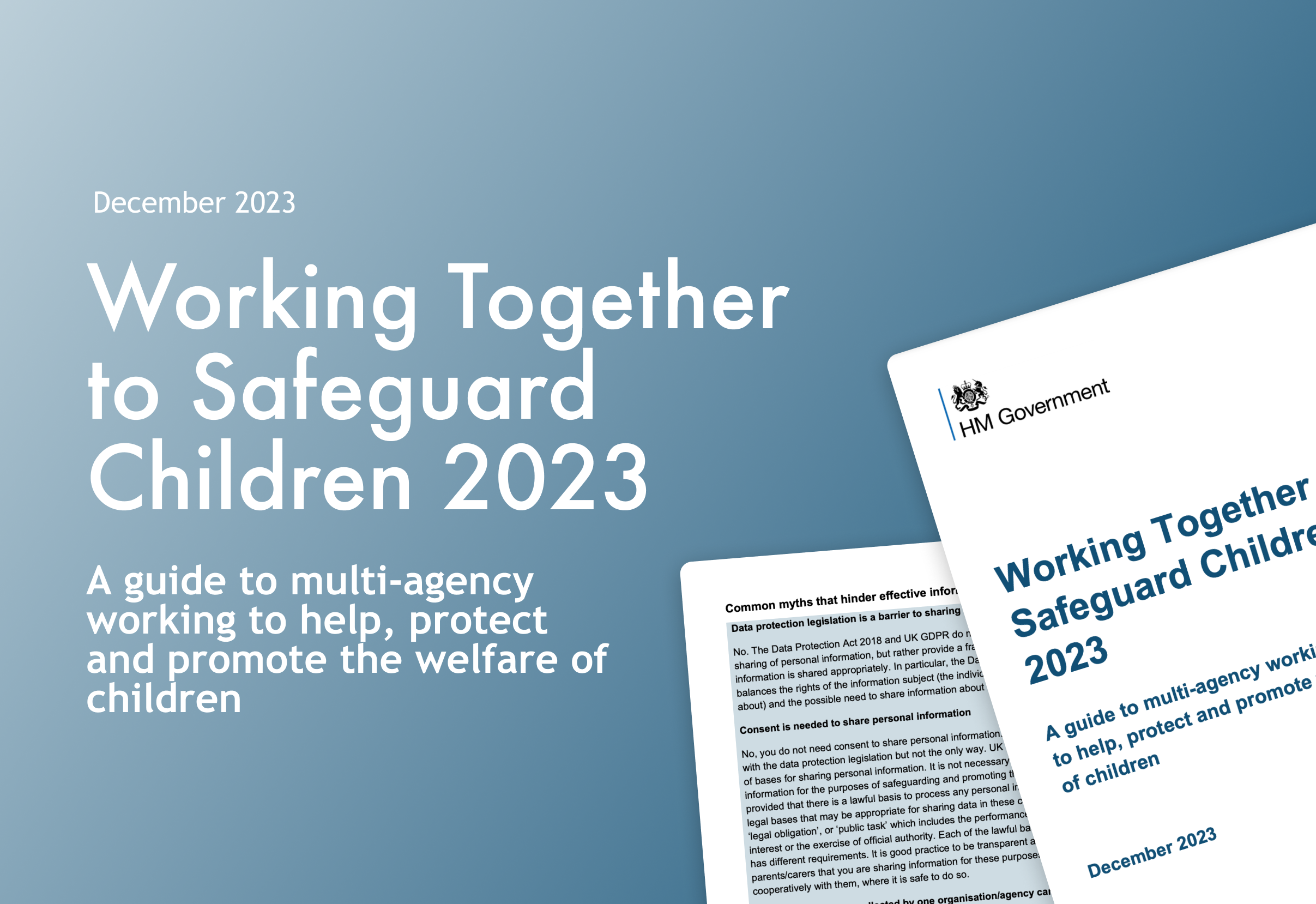Keeping Children Safe in Education 2023
Keeping Children Safe in Education 2023 - the new guidance is here, coming into effect from 1st September 2023.
What do you need to know? Here is a summary of key points in each section:
Part 1: The guidance emphasises the importance of staff understanding filtering and monitoring, with information added to raise awareness of this expectation. [p8, para 14] Reference to filtering and monitoring is included throughout the document, along with updated links to relevant guidance on behaviour in schools.Part 2: The management of safeguarding is highlighted, with a focus on staff training [p32, para 124] that includes understanding roles and responsibilities regarding filtering and monitoring, including the role of the DSL are explicit. [p28, para 103]
Child protection policies and appropriate filtering and monitoring on school devices and networks are referenced. [p36, para 138]
New sections are added, including references to published filtering and monitoring standards, which support schools in meeting their duty to have effective systems in place. The guidance clarifies that this is not an additional burden and includes reference to cyber security standards. [p37]
Part 3: A reminder it is good practice to inform shortlisted candidates of Online Searches that will be carried out. [p55, para 221]
Highlighted note on [p73, para 276] regarding retention of documents, highlighting in bold: schools and colleges do not have to keep copies of DBS checks to meet SCR requirements.
Part 4: An additional heading and paragraph regarding allegations and concerns related to organisations or individuals using school premises. [p91, para 377]
Part 5: The section on child-on-child sexual violence and sexual harassment is revised to align with wording in the behaviour guidance.
The annexes and further information sections are updated to reflect changes in the guidance, including the difference between children absent from education and children missing education. References to forced marriage, child exploitation, and multi-agency practice principles are also included.
Referenced guidance documents for your reading list:
- Cyber Security Standards: click here
- Keeping children safe during community activities, after-school clubs and tuition: non-statutory guidance for providers running out-of-school settings: click here
What needs to be on your to-do-list:
- Updates to your Safeguarding / Child Protection Policy including references to Filtering and Monitoring Standards, updates relating to forced marriage, child exploitation and multi-agency working.
- Review your Safer Recruitment Policy: Ensure your online checks process is outlined, including how this is communicated to candidates.
- Update your ‘Management of Allegations’ policy/procedure to include the steps to be taken in relation to communicating with the LADO regarding out of hours hirings incidents.
- Make sure you have a well-defined plan for implementing the Filtering and Monitoring Standards. Remember that these standards expect schools to have already implemented them. You can find helpful links on the Safer Internet Centre’s.
- Incorporate Filtering and Monitoring into your staff Continuous Professional Development (CPD) program.
- Ensure that the governing body/trustees fully understand their responsibilities regarding Filtering and Monitoring.
- If you are a Designated Safeguarding Lead (DSL), ensure that your job description / role outline includes "lead responsibility" for Filtering and Monitoring, and make sure you understand the implications of this role.
- Review and update the service level agreements (SLA’s) with any organisations working with children that are hired during out-of-school hours, ensuring they meet the expectations outlined in Keeping Children Safe in Out-of-school Settings.
- Include in the out-of-hours hire SLA’s for organisations working with children that, in the event of an incident, the school will adhere to its own policy, including informing the Local Authority Designated Officer (LADO).
Note:
For colleagues in F.E.: ‘college’ means further education colleges and sixth-form colleges as established under the Further and Higher Education Act 1992 and institutions designated as being within the further education sector. College also means providers of post 16 Education as set out in the Apprenticeships, Skills, Children and Learning Act 2009 (as amended): 16-19 Academies, Special Post-16 institutions and Independent Training Providers. For colleges, the guidance relates to their responsibilities towards children who are receiving education or training at these institutions.




Comments
Post a Comment